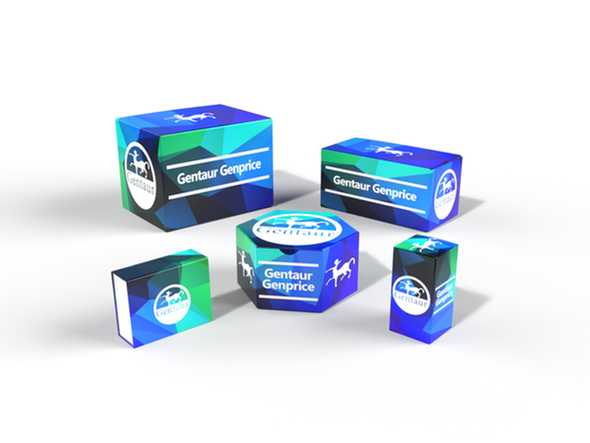BW
SHANK2 polyclonal Antibody | BS65311
- SKU:
- BW-BS65311
- Availability:
- Usually ships in 5 working days
Description
SHANK2 polyclonal Antibody | BS65311 | Gentaur UK, US & Europe Distribution
Host: Rabbit
Reactivity: Human
Application: WB,ELISA
Application Range: Western Blot: 1/500 - 1/2000. ELISA: 1/20000. Not yet tested in other applications.
Background: SH3 and multiple ankyrin repeat domains 2 (SHANK2) Homo sapiens This gene encodes a protein that is a member of the Shank family of synaptic proteins that may function as molecular scaffolds in the postsynaptic density of excitatory synapses. Shank proteins contain multiple domains for protein-protein interaction, including ankyrin repeats, and an SH3 domain. This particular family member contains a PDZ domain, a consensus sequence for cortactin SH3 domain-binding peptides and a sterile alpha motif. The alternative splicing demonstrated in Shank genes has been suggested as a mechanism for regulating the molecular structure of Shank and the spectrum of Shank-interacting proteins in the postsynaptic densities of the adult and developing brain. Alterations in the encoded protein may be associated with susceptibility to autism spectrum disorder. Alternative splicing results in multiple transcript variants. [provided by RefSeq, Feb 2014],
Storage & Stability: Store at 4°C short term. Aliquot and store at -20°C long term. Avoid freeze-thaw cycles.
Specificity: Shank 2 Polyclonal Antibody detects endogenous levels of Shank 2 protein.
Molecular Weight: ~ 135 kDa
Note: For research use only, not for use in diagnostic procedure.
Alternative Names: SHANK2; CORTBP1; KIAA1022; SH3 and multiple ankyrin repeat domains protein 2; Shank2; Cortactin-binding protein 1; CortBP1; Proline-rich synapse-associated protein 1
Immunogen: The antiserum was produced against synthesized peptide derived from human SHANK2. AA range:331-380
Conjugate: Unconjugated
Modification: Unmodification
Purification & Purity: The Antibody was affinity-purified from rabbit antiserum by affinity-chromatography using epitope-specific immunogen.
Pathway:






